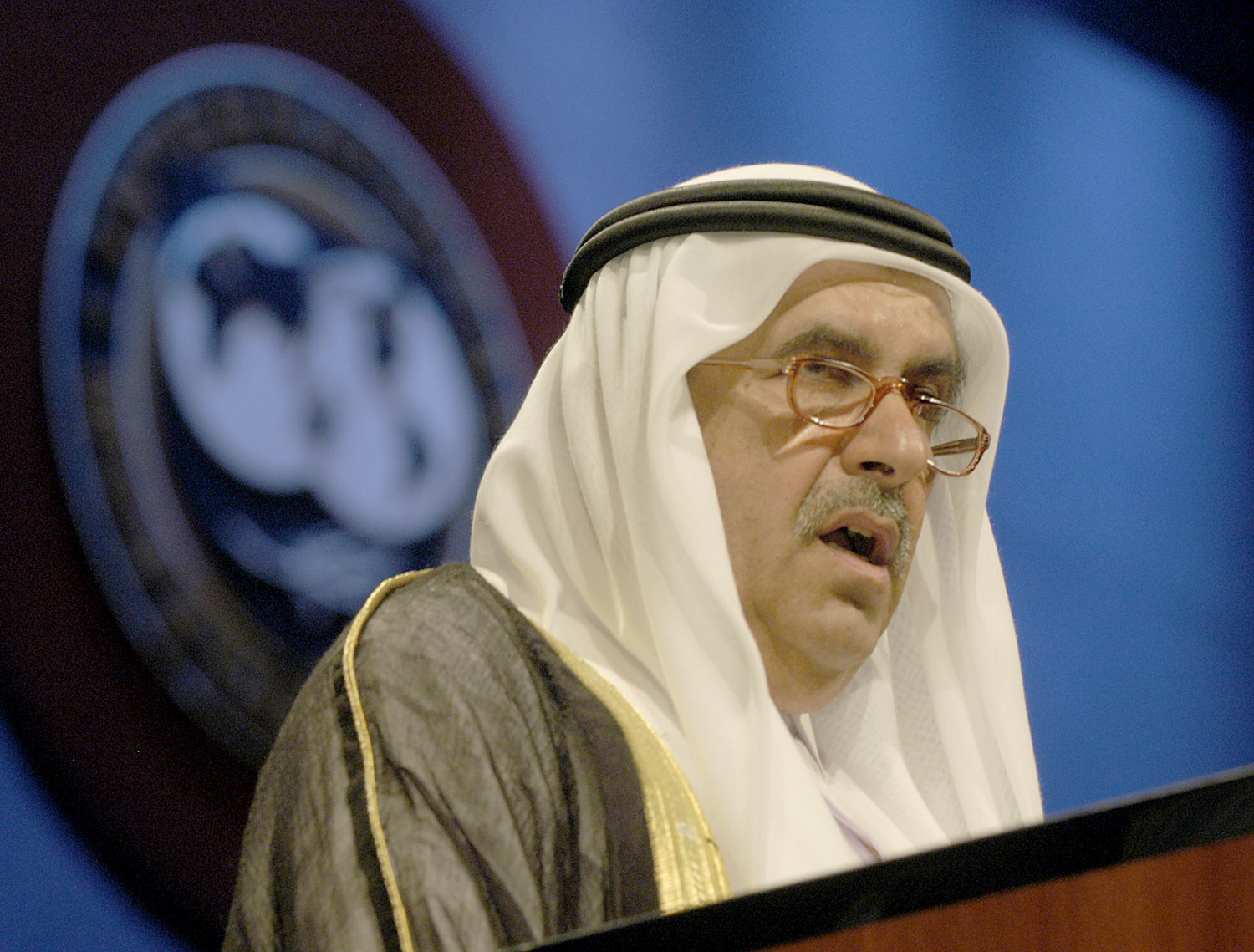Trinity has announced a new Centre for Middle Eastern Studies funded by the Al Maktoum Foundation, an educational charity established by the deputy ruler of Dubai.
In a press statement today, the College announced that the new centre – which The University Times previously reported would be funded by a €5.5 million donation from the Al Maktoum charity – will “enhance the development of Middle Eastern Studies in Ireland, and globally”.
The new centre will create four new professorships in Middle Eastern studies, and will be part of Trinity’s School of Languages, Literature and Cultural Studies in the Faculty of Arts, Humanities and Social Sciences (AHSS).
The charity was established by Sheikh Hamdan bin Rashid Al Maktoum, the deputy ruler of Dubai and the Minister of Finance of the United Arab Emirates (UAE), in Dublin in 1997. Sheikh Hamdan is the brother of Sheikh Mohammed bin Rashid Al Maktoum, the ruler of Dubai and the Vice President and Prime Minister of the UAE. Sheikh Mohammed is not on the board of the Al Maktoum Charity, but frequently features in its digital magazine. His nephew, Shaikh Rashid Bin Hamdan Al Maktoum, is Chair of the Board of Trustees of the Al Maktoum Foundation.
In January, Sheikh Mohammed courted international controversy when his daughter, Dubai princess Sheikha Latifa, accused him of torture and imprisonment amid a failed escape attempt.
Yesterday, the Times reported that one of Al Maktoum’s six wives, Princess Haya, had reportedly left her husband and was seeking political asylum in Germany.
Human-rights campaigners have urged Princess Haya, the stepmother of Sheikha Latifa, to speak out about conditions in Dubai after she fled to Germany.
The new Trinity centre is aiming to make university-wide academic contributions.
In a press statement, Provost Patrick Prendergast said: “This generous gift from the Al Maktoum Foundation comes at a vital moment in the history of Trinity College’s relationship with the Middle East, its peoples and its cultures.”
“Continuing a long-established tradition of Middle Eastern studies in the history of Trinity College, this generous gift comes at a time when society in Ireland must seize the opportunity to enhance the role which all can play in a pluralistic society”, he said.
Prof Anne Fitzpatrick, the head of discipline in Trinity’s Department of Near and Middle Eastern Studies, said the new centre will “no doubt contribute to greater understanding and fruitful relations as students graduate as global citizens and move on with their lives into careers where they can truly have an impact in shaping a peaceful and harmonious future”.
His Excellency Mirza Al Sayegh, Chairman of the Board of Trustees of Al Maktoum College and the Al Maktoum Foundation, said: “We are very proud to support this initiative and with the association with Trinity College Dublin, with its global reputation for excellence in research and education. It continues a long commitment of the Maktoum family’s investment in both education and in Ireland.”
Trinity already offers a number of courses centred around Middle Eastern culture, such as Middle Eastern and Islamic Civilisation, which offers a year abroad spent in a Middle Eastern university for students specialising in Arabic.
In March 2016, The University Times reported that 80 per cent of the donation from the Al Maktoum family would be used to cover the cost of staff salaries, with the remainder to be used for research projects, conferences and promotion of the centre.
A proposal for the centre, approved in principle by the College Board in January 2016, said it will be “entirely secular” in its approach, and will research religion only in terms of its effect on the “cultural, historical and political developments” of the Middle East.
In December 2018, Trinity Chancellor Mary Robinson received international criticism for comments she made about Sheikha Latifa after a meeting with Al Maktoum’s family.
Robinson called Latifa – who instructed her friends to release a video accusing her father of torture and imprisonment if her escape attempt from Dubai failed – a “troubled young woman”, after photos of the pair were released by the princess’s family.
Robinson told the BBC that she had visited the family at the behest of Princess Haya bint Hussein, one of the wives of Al Maktoum, to help with a “family dilemma”.
Radha Sterling, the CEO of human rights group Detained in Dubai, accused Robinson of “reciting almost verbatim from Dubai’s script”.
Aisha Ali-Khan, the co-organiser of the women’s march on London last year, said: “It seems clear to me that Robinson has been used by a willing pawn in the PR battle between the UAE ruling family and the rest of the world.”
Correction: 21.53, July 3rd, 2019
Due to inaccurate information contained in minutes published by the College Board, a previous version of this article incorrectly stated that the new Centre for Middle Eastern Studies would be funded by the Mohammed bin Rashid Al Maktoum Foundation, which was founded in 2007 by Sheikh Mohammed bin Rashid Al Maktoum, the Dubai ruler. In fact, the centre is being funded by a different educational charity – the Al Maktoum Foundation – established by the brother of Sheikh Mohammed, Sheikh Hamdan bin Rashid Al Maktoum, in 1997. The contents, sub-heading and photo on this article have been updated to reflect this new information.







